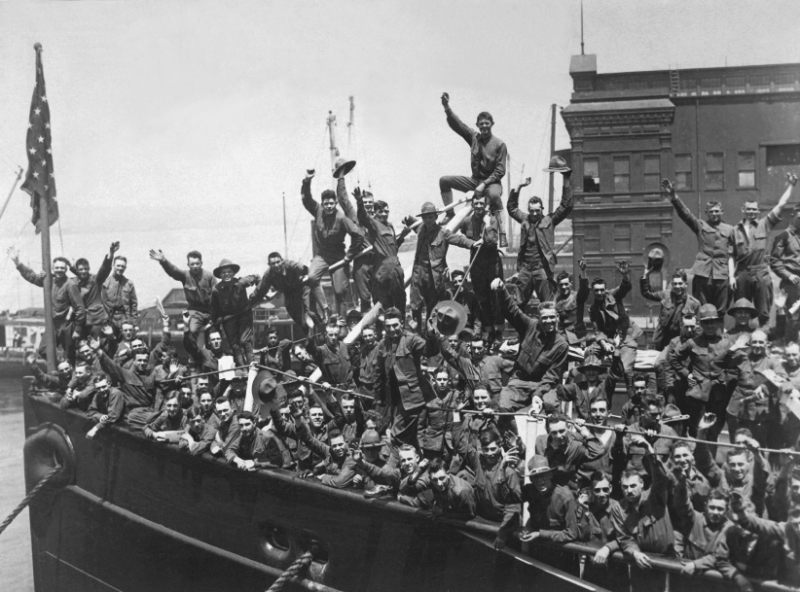First World War America
The terrible impact that manufactured consent had on the home front is frequently overshadowed by America's involvement in helping the Allies win the war to end all wars. Despite President Woodrow Wilson's lobbying to keep the US out of the conflict, within a month the US government was incarcerating First Amendment-clear pro-war protestors under the Espionage Act.
The arrests appear to have targeted strike planners in a dubious manner. The Industrial Workers of the World organization was a special target, with as many as 100 of its members imprisoned in the Chicago area alone in September 1917. Senator Eugene V. The most well-known of these arrests was Senator Eugene V. Debs, who dared to speak in front of an audience in Canton, Ohio, on June 18, 1918, opposing US engagement in the war.
A surge of anti-German resentment also swept the nation. It's common knowledge that sauerkraut earned the nickname "liberty cabbage," but it also manifested in much more violent ways, such the murder of immigrants like Robert Prager in Collinsville, Illinois. Because of this, many Germans consciously downplayed their background, even going so far as to change their own and their communities' names. This withdrawal of recognition of German ancestry served to minimize the disproportionate contribution German abolitionists made to maintaining the Union during the Civil War and created a void that was filled by more pro-Confederate propaganda, which helped to gloss over the conflict and its aftermath.
- Time: 1917












